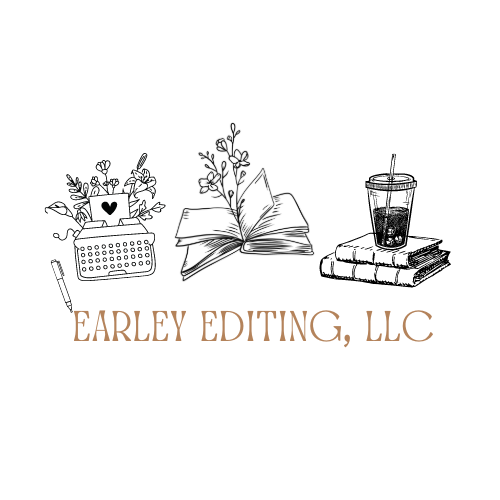Hybrid Publishing: What is it & is it Right for You?
Hybrid publishing, also known as assisted self-publishing or cooperative publishing, is a middle ground between self-publishing and traditional publishing. Hybrid publishing should not be confused with a vanity press, so still tread lightly when it comes to a publishing house that requires payment upfront in order to publish your book. Rather, hybrid publishing combines aspects of both approaches and offers authors a more flexible publishing model.
With hybrid publishing, authors are entering into a partnership with a publishing company that provides a range of services to assist in the publishing process. The publisher and author share responsibilities and costs. With that being said, authors typically financially contribute to cover various publishing services such as editing, cover design, formatting, distribution, and marketing. While gaining help from the hybrid publisher with their resources for such things, the author retains more control over these aspects compared to traditional publishing.
With authors retaining more control with a hybrid publisher, authors also keep the rights of their work. Self-published authors keep the rights to their work, while traditional publishing houses will buy the rights of the work. With hybrid publishing, the author gets a happy medium of resources and keeps the rights to their work. However, the level of control an author has can vary depending on the specific agreement with the publisher.
However, like a traditional publishing house, hybrid publishers usually have a selection process, and not all submissions are accepted. Authors go through a similar submission process as they would with a publisher, but an agent isn’t required for submitting to a hybrid publisher. Hybrid publishers are selective in who they represent by evaluating manuscripts based on quality, marketability, and alignment with their publishing vision. This selective approach aims to maintain a certain level of quality and market appeal. The extent and quality of services such as editing, cover design, etc. can vary among different hybrid publishers.
When it comes to royalties and revenue, hybrid publishers differ in royalty structures. Some offer higher royalty rates to authors, while others may take a percentage of book sales to cover their services. It's crucial for authors to carefully review the contract terms and royalty arrangements before entering into an agreement. With other hybrid publishers, the author might be responsible for all costs, but the hybrid publisher has and provides connections.
Earley Editing, LLC pros and cons between traditional publishing, hybrid publishing, and self-publishing
It's important for authors considering hybrid publishing to thoroughly research and vet potential publishing companies to ensure they align with their goals and expectations. Authors want to find a reputable hybrid publisher before signing anything. Reading contract terms, understanding the services offered, and reviewing testimonials or experiences of other authors are essential steps in making an informed decision. Otherwise, hybrid publishing is a happy medium between self-publishing and traditional publishing.

